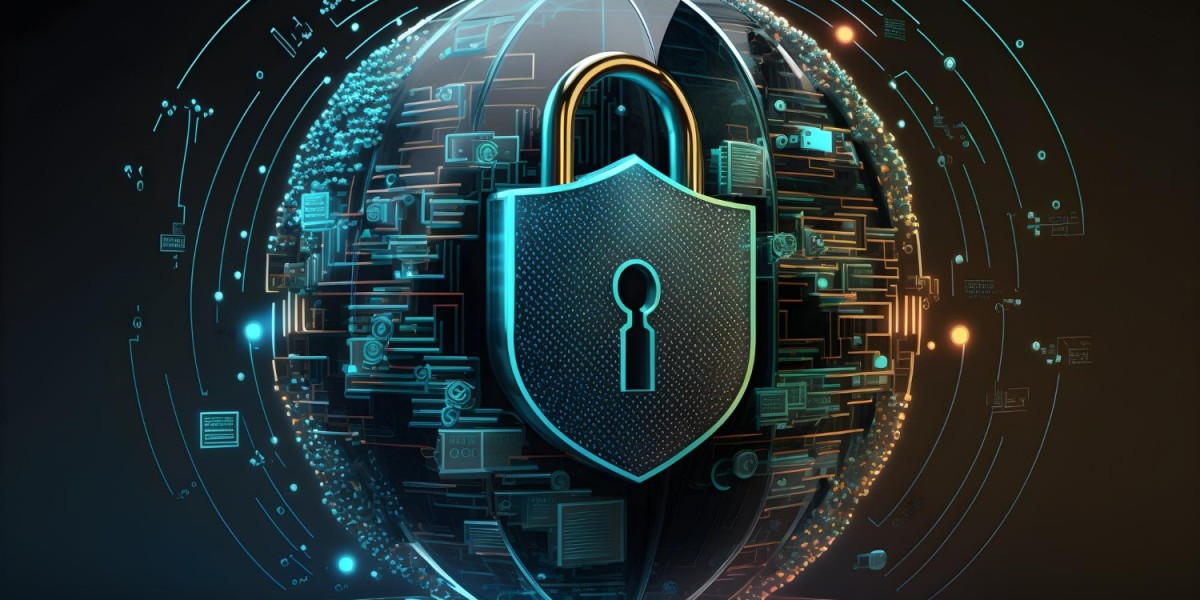What Is a Cybersecurity Consultant?
A cybersecurity consultant is a professional who helps businesses identify vulnerabilities in their digital systems, develop robust security strategies, and implement solutions to protect sensitive data and networks. These consultants bring specialized expertise, ensuring that companies comply with industry regulations, mitigate risks, and stay one step ahead of cybercriminals.
Cybersecurity consultants work closely with organizations to assess their existing security infrastructure, identify weaknesses, and recommend the best practices and technologies to protect against cyber threats.
Why Do You Need a Cybersecurity Consultant?
Expertise and Knowledge: Cybersecurity is a complex field that requires specialized knowledge. Cybersecurity consultants bring years of experience and expertise to the table. They are familiar with the latest security trends, hacking techniques, and compliance requirements. This knowledge is invaluable in helping businesses mitigate security risks.
Customized Security Solutions: Every business is unique, and so are its cybersecurity needs. A cybersecurity consultant tailors security measures to fit the specific requirements of your organization. Whether you need help with network security, data protection, or threat detection, a consultant will develop a solution that suits your business model and industry.
Cost-Effective: Hiring an in-house team of cybersecurity experts can be expensive, especially for small and medium-sized businesses. Cybersecurity consultants provide a more cost-effective alternative, offering their services on a contract or project basis without the ongoing costs of full-time staff.
Up-to-Date with Cybersecurity Trends: The cybersecurity landscape is constantly evolving. New threats, vulnerabilities, and regulations emerge regularly. A consultant stays up-to-date with the latest trends and developments, ensuring your business is always protected against current and future risks.
Faster Threat Detection and Response: Consultants bring advanced tools and processes for detecting and responding to cyber threats. With their experience in identifying early warning signs, they can quickly intervene to minimize the damage from potential attacks.
Compliance and Risk Management: Cybersecurity consultants help businesses comply with industry-specific regulations, such as GDPR, HIPAA, and PCI DSS. They also assist in risk management by implementing proactive security measures, conducting audits, and developing incident response plans.
Training and Awareness: Many cybersecurity breaches are the result of human error. A cybersecurity consultant can train your staff on best practices for data protection, secure browsing, password management, and recognizing phishing attacks. This creates a security-aware workforce that can significantly reduce the likelihood of successful attacks.
What Does a Cybersecurity Consultant Do?
Cybersecurity consultants provide a range of services to help businesses enhance their security posture. Here’s a breakdown of some of the key tasks they perform:
Risk Assessment: Consultants conduct thorough assessments to identify vulnerabilities in your IT infrastructure and network. This includes reviewing systems, applications, and data flows to identify weaknesses that could be exploited by attackers.
Security Audits: A cybersecurity audit involves a detailed review of your current security measures, policies, and procedures. The consultant will evaluate how effectively your organization’s security practices are protecting sensitive data.
Incident Response Planning: Consultants help develop an incident response plan to address potential security breaches. This plan outlines the steps to take in the event of a cyberattack, ensuring your organization can respond quickly and minimize damage.
Security Architecture Design: They help design a secure architecture for your IT systems, including firewalls, encryption, and network segmentation, to safeguard against unauthorized access.
Continuous Monitoring and Improvement: After implementing security measures, consultants provide ongoing monitoring to detect and respond to threats in real time. They also recommend improvements and upgrades as new technologies and threats arise.
Choosing the Right Cybersecurity Consultant
When selecting a cybersecurity consultant, it's important to consider the following:
Experience and Reputation: Look for a consultant with a proven track record in cybersecurity. Check their client reviews, case studies, and certifications to ensure they have the expertise needed for your industry.
Specialization: Ensure the consultant specializes in areas relevant to your business, whether it’s network security, cloud security, compliance, or threat detection.
Communication Skills: Cybersecurity consultants should be able to explain complex security concepts in a way that’s easy to understand. Clear communication is essential when discussing risks and implementing solutions.
Certifications: Certifications like CISSP (Certified Information Systems Security Professional), CISM (Certified Information Security Manager), and CEH (Certified Ethical Hacker) demonstrate that the consultant has the skills and knowledge required to protect your business.
Conclusion
As the digital world continues to evolve, so do the methods and tactics used by cybercriminals. For businesses of all sizes, it’s critical to stay ahead of potential threats and implement strong cybersecurity practices. By working with a cybersecurity consultant, organizations can ensure they are properly protected, reduce risks, and remain compliant with regulations. With their expertise, businesses can focus on their core operations, knowing that their cybersecurity needs are in expert hands.
If you’re looking for expert cybersecurity services, partnering with a trusted consultant is a smart step toward safeguarding your business against cyber threats.









